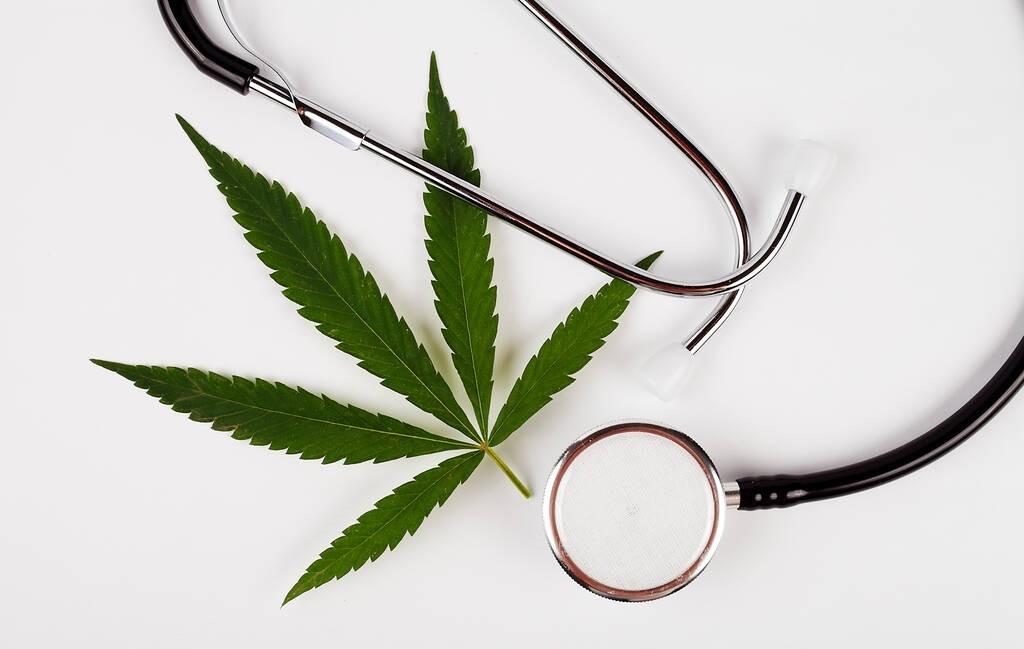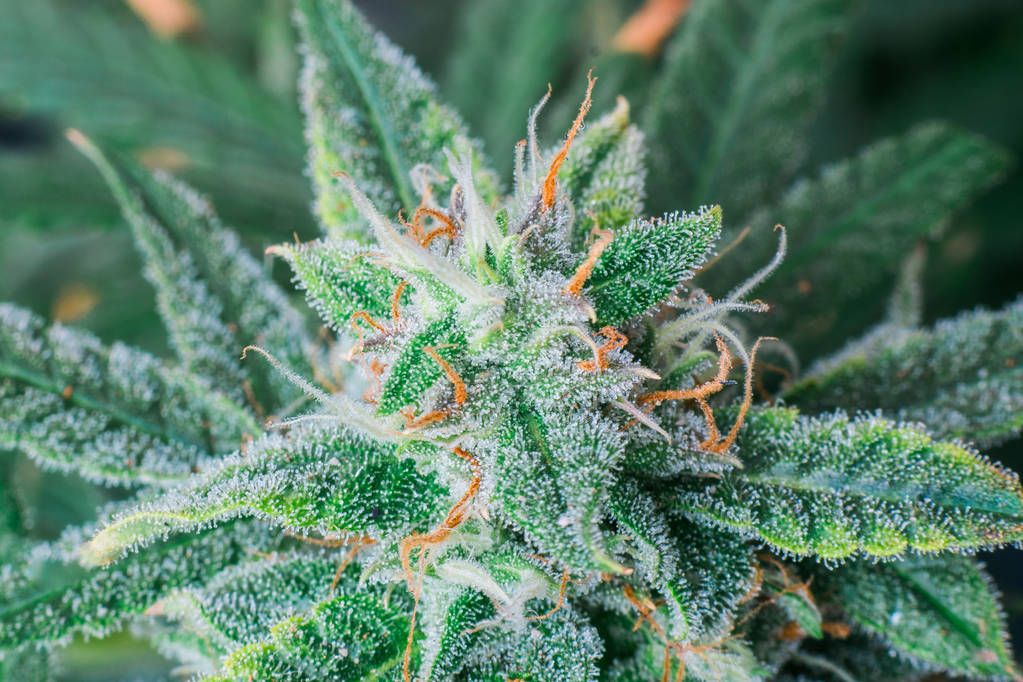According to a study published in the Journal of Pharmacy and Pharmacology, combining CBD-enriched cannabis oil with omega-3 fatty acids may offer an effective strategy for managing neuropathic pain and promoting nerve recovery.

Conducted by researchers in Argentina from the University of La Rioja, the National University of Córdoba, and Dr. Enrique Vera Barros Regional Hospital, the study used established rat models to test both acute and chronic pain responses.
The researchers evaluated thermal and mechanical hypersensitivity using the hot plate test and the chronic constriction injury (CCI) model, respectively. They also assessed motor function and nerve damage through walking track analysis, the rotarod test, and histological examination of sciatic nerves.
Continue reading














